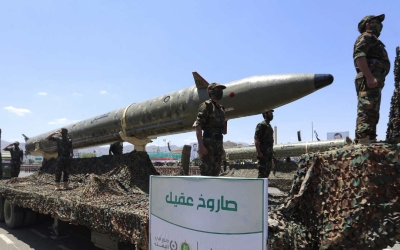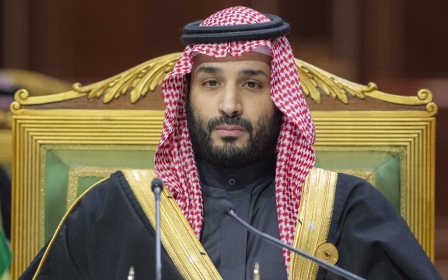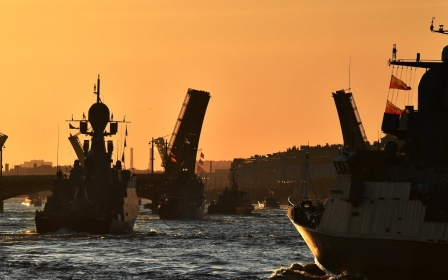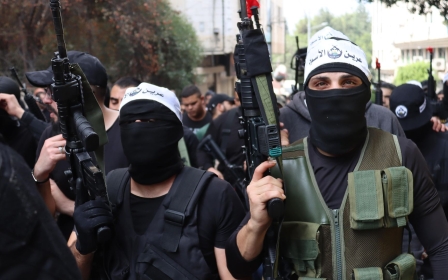Saudi Arabia threatened to sell off European debt if G-7 seized Russian assets: Report
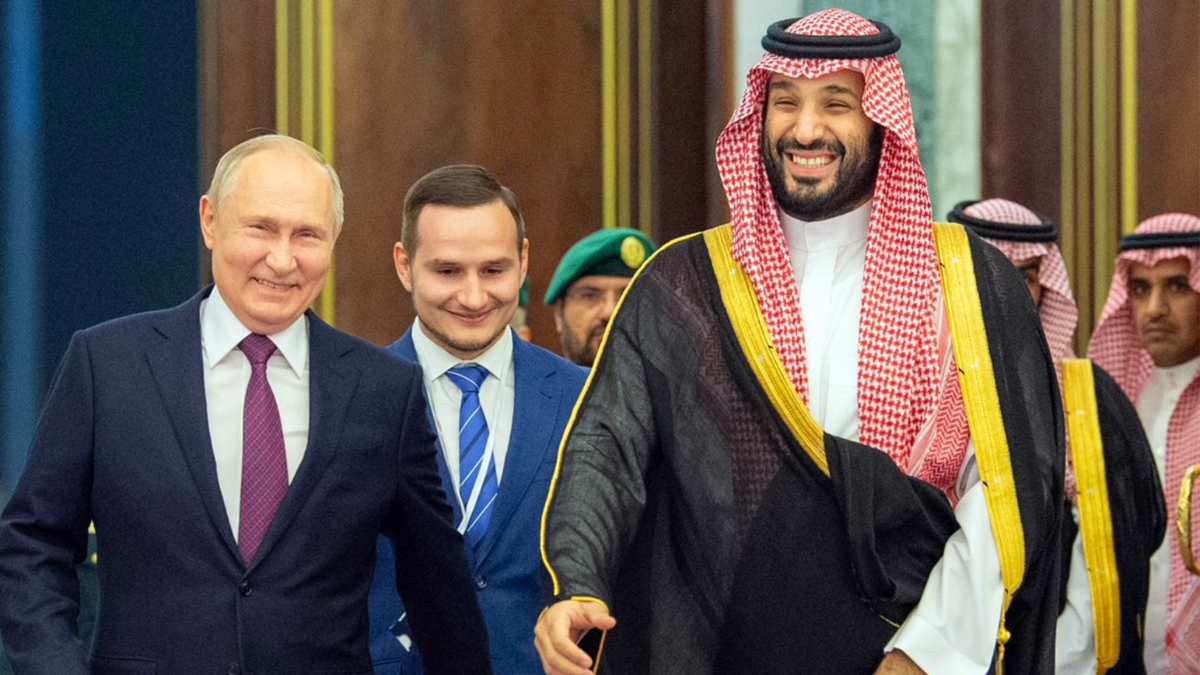
Saudi Arabia warned it could sell off some European debt holdings in retaliation to a move by the G-7 to seize almost $300bn in frozen Russian assets, according to a report by Bloomberg.
The veiled threat was passed along from Saudi Arabia’s finance ministry earlier this year to some G-7 counterparts, as the group weighed seizing Russian assets designed to support Ukraine.
Saudi Arabia specifically signalled out the euro debt issued by France, according to Bloomberg.
Riyadh has been concerned about western efforts to seize the Kremlin's assets for months. In April, Politico reported that Saudi Arabia, along with China and Indonesia, was privately lobbying the EU against confiscation.
But Saudi Arabia’s threat to unload the debt of European Union members would represent a serious show of force and willingness by the kingdom to leverage its economic heft to sway western policymakers.
New MEE newsletter: Jerusalem Dispatch
Sign up to get the latest insights and analysis on Israel-Palestine, alongside Turkey Unpacked and other MEE newsletters
In June, the G-7, which comprises the US; Canada; the UK; France; Germany; Italy; and Japan, agreed to issue Ukraine $50bn in loans that would be backed by the profits generated from Russian assets. The move stopped short of a full seizure of the roughly $322bn in Russian central bank assets frozen in the West.
Bloomberg said that Saudi Arabia’s warning likely galvanised opposition among some EU member states against a more forceful approach, despite the US and UK lobbying for a direct seizure.
Russia-Saudi ties in spotlight
Saudi Arabia’s threat underscores concerns in wealthy Gulf states that the West could one day apply similar economic levers it is pulling against Russia to Gulf powers' overseas assets, if criticism of human rights issues in the Gulf or their foreign policy decisions resurfaces.
Russian President Vladimir Putin has courted Saudi Arabia, as he relies on the oil-rich kingdom to counter Moscow’s isolation on the world stage and shore up energy markets.
Putin made a rare visit to Saudi Arabia and the UAE in December.
Middle East Eye reported that Putin sought Crown Prince Mohammed bin Salman’s permission before arming Houthi rebels in Yemen with anti-ship cruise missiles. The Saudi leader, who waged a brutal war against the Iran-backed Houthis, urged Putin not to arm the group, and Russia obliged.
Saudi Arabia vies with Russia for the spot of the world’s biggest exporter of crude oil.
Like other Gulf states, Saudi Arabia’s currency is pegged to the dollar and it sells its oil in greenbacks, boosting the dollar’s position as the world’s reserve currency.
In January 2023, Saudi Arabia said it was considering trading in currencies other than the US dollar after reports that it was in discussions with China about selling some crude in yuan.
It’s not clear how much European debt Saudi Arabia holds, but its central bank’s net foreign currency reserves stand at $445bn. Saudi Arabia holds $135.9bn in US treasuries, placing it 17th among investors in the US bonds.
US President Joe Biden’s pledge to make Saudi Arabia “a pariah” over the murder of Middle East Eye and Washington Post columnist Jamal Khashoggi crystallised fears that Washington could one day turn on its decades-old ally.
Biden has since pivoted and is leaning on Saudi Arabia to seal a normalisation deal with Israel and play a role in post-war governance of the Gaza Strip.
Middle East Eye delivers independent and unrivalled coverage and analysis of the Middle East, North Africa and beyond. To learn more about republishing this content and the associated fees, please fill out this form. More about MEE can be found here.


